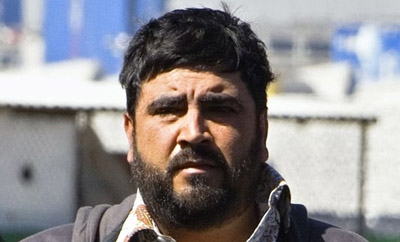A US possible extradition request for captured kingpin Joaquin “El Chapo” Guzman may soon be arriving on Mexican President Enrique Pena Nieto’s desk. But with US-Mexico relations chilly, extraditions falling and the Mexican government’s record on sending big capos north uneven at best, it appears unlikely Chapo will ever see the inside of a US courtroom.
On February 23 — the day after Chapo’s capture — the US attorney’s office in Brooklyn announced it would request Guzman’s extradition to face a variety of drug-related charges, reported Time. The Brooklyn office is likely to be one of several across the United States to make such a request. Chicago-based federal prosecutors have also said they would like to see him prosecuted there, and there are indictments in at least five other US federal courts.
SEE ALSO: Coverage of ‘El Chapo‘
However, Mexico’s ambassador to the United States, Eduardo Medina Mora, has rejected the idea of extradition, insisting on the importance of dispensing justice on Mexican soil, reported The Guardian.
InSight Crime Analysis
While extraditions during the previous government reached historic levels, they have been uneven when it comes to big capos. Though recent years have seen the extradition of the son and brother of Sinaloa Cartel boss Ismael “El Mayo” Zambada, among others, big names such as Alfredo Beltran Leyva and several of his siblings have remained imprisoned in Mexico.
In one notable case, the Mexican government refused the extradition request of a former policeman thought to have participated in the murder of a Drug Enforcement Administration (DEA) agent in Mexico in 1985.
That same DEA murder continues to be a source of tension between the US and Mexico. In August 2013, a Mexican judged granted early release of former Guadalajara Cartel leader Rafael Caro Quintero — who is thought to have directed the torture and murder of the agent — causing a deep chill in relations between the two countries.
Peña Nieto has also shown less of a willingness to extradite suspects to the United States. The Washington Post reported that in 2013, during his first year in office, the president extradited 54 suspects, compared to 115 suspects extradited during the last year of his predecessor’s term in 2012.

